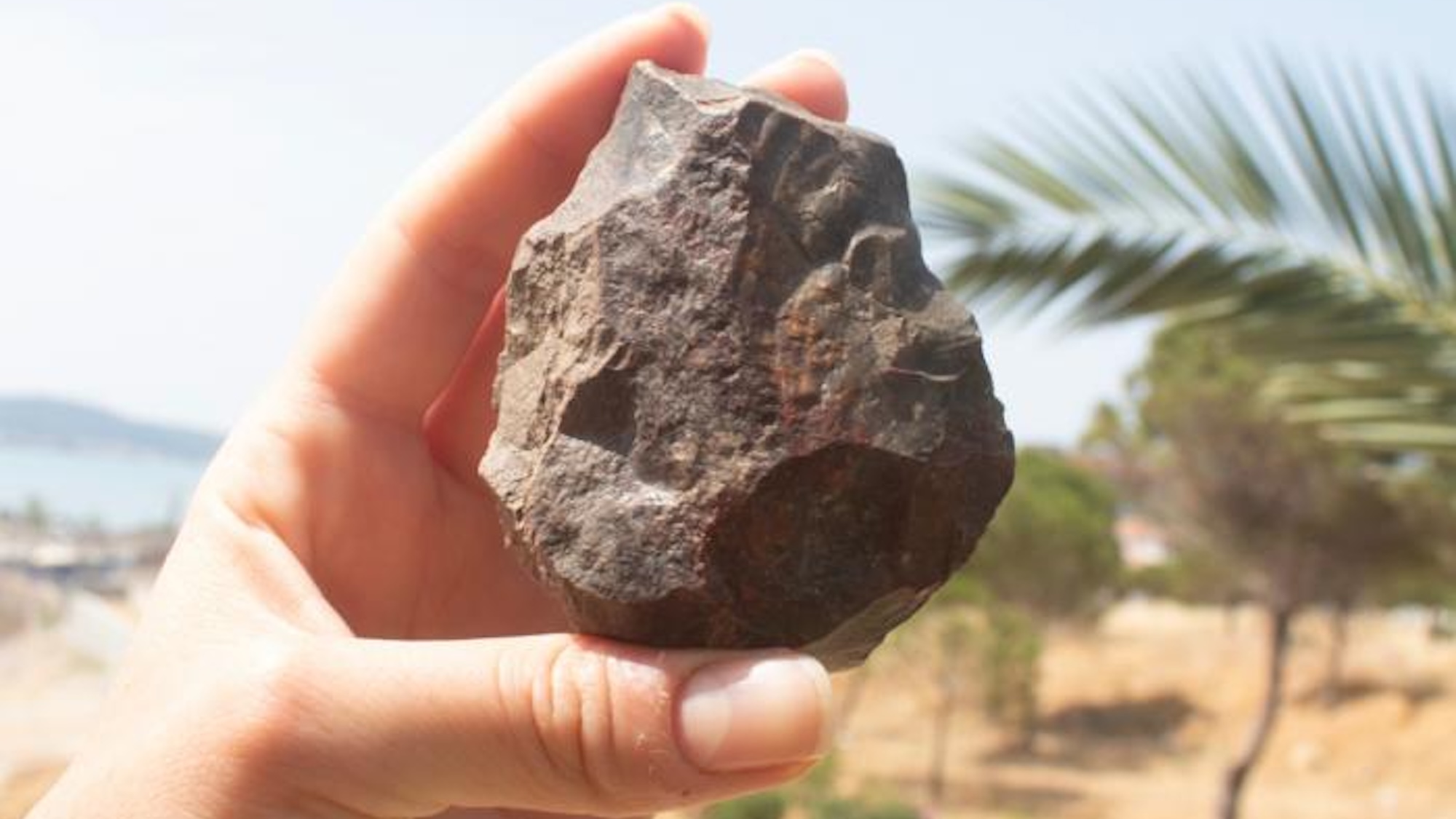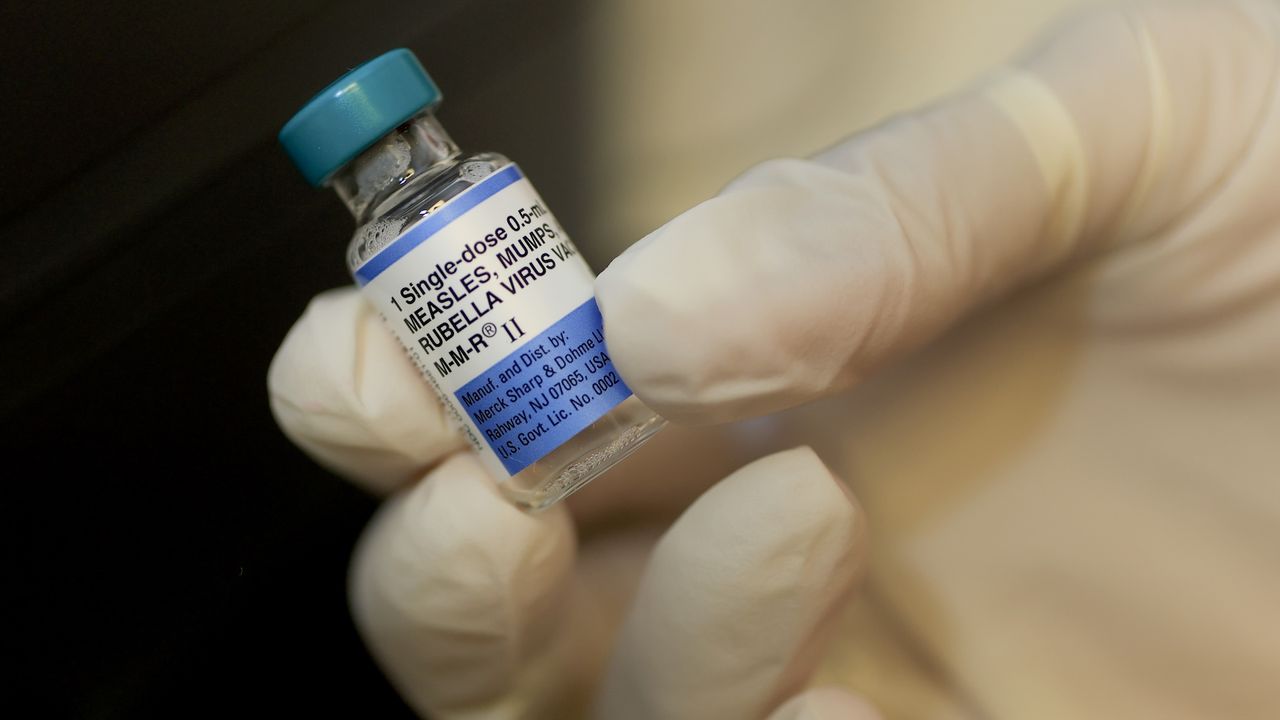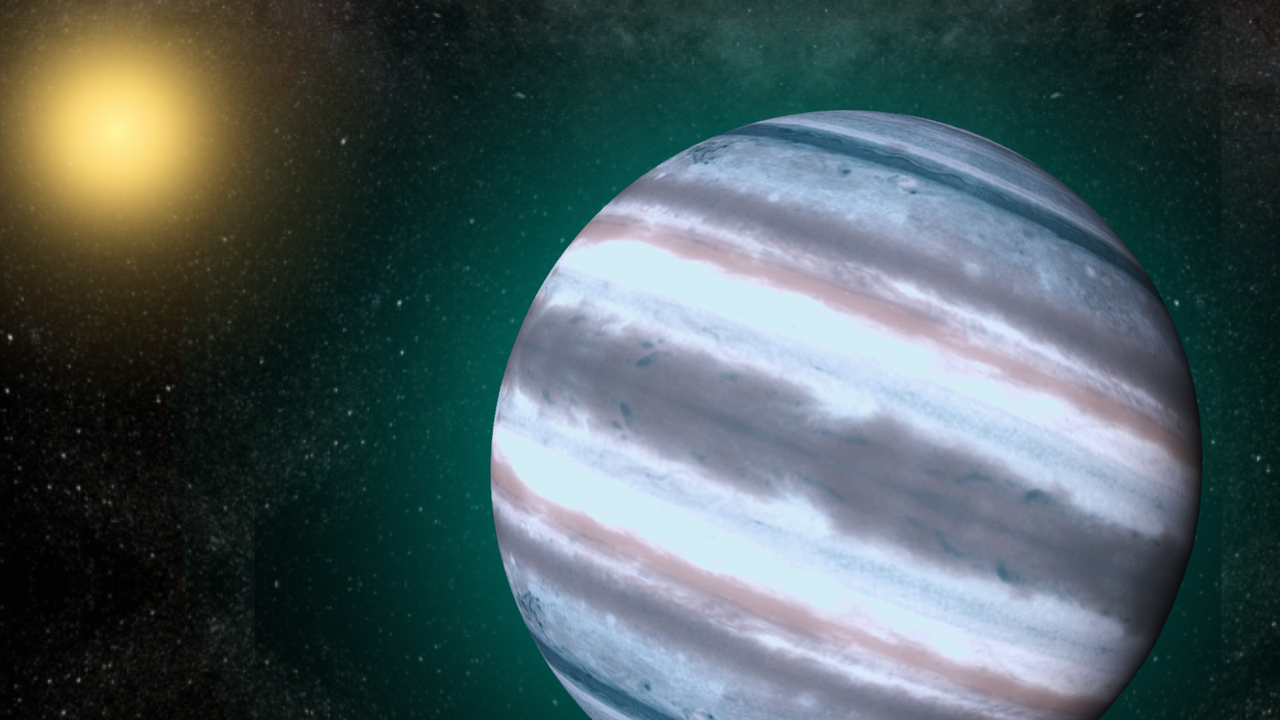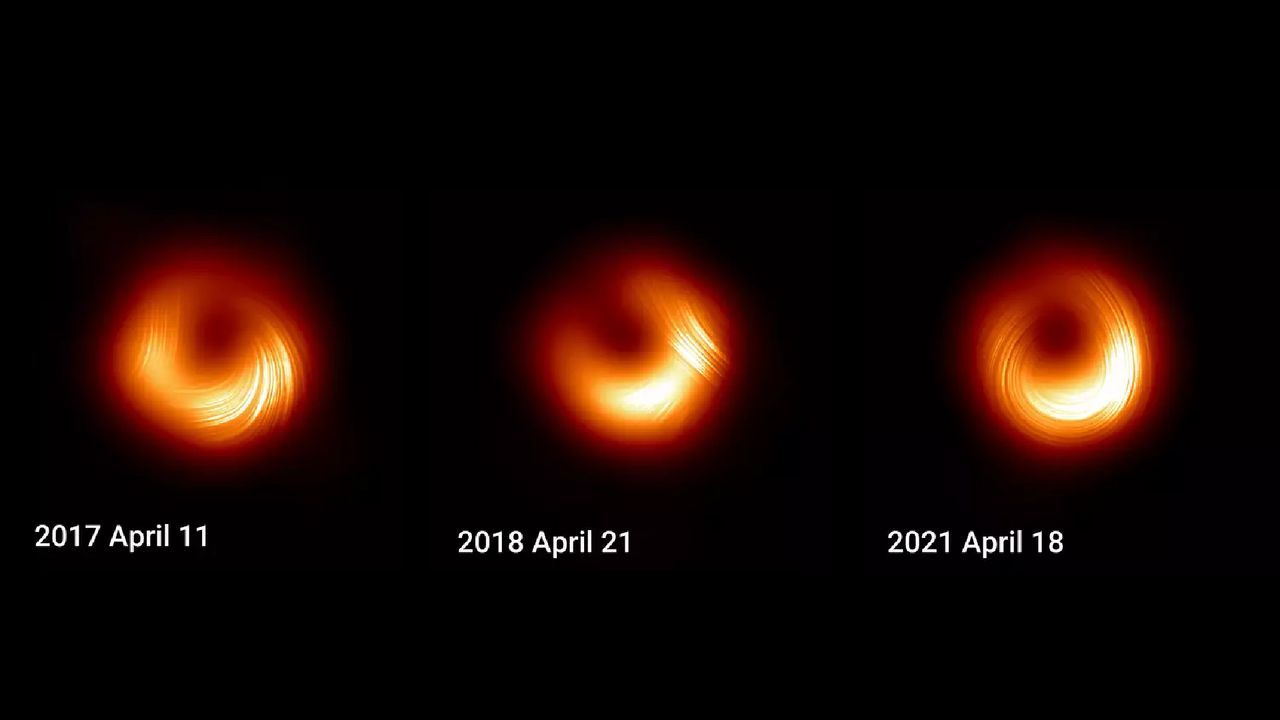'There's no shoving that genie back in the bottle': Readers believe it's too late to stop the progression of AI
NeutralScience

A recent Live Science poll revealed that over 1,700 readers participated, with 30% expressing the belief that it's too late to stop the advancement of artificial intelligence (AI). This sentiment highlights a growing acceptance of AI's role in society and raises important questions about the implications of its continued development. As AI technology evolves, understanding public perception becomes crucial for shaping future policies and ethical guidelines.
— Curated by the World Pulse Now AI Editorial System






